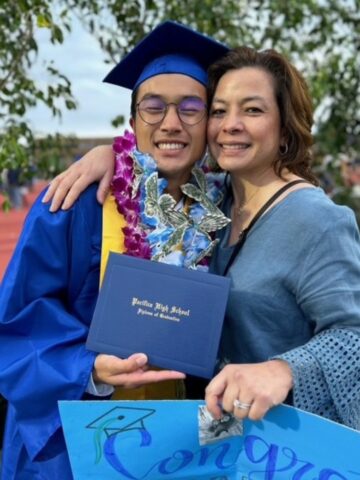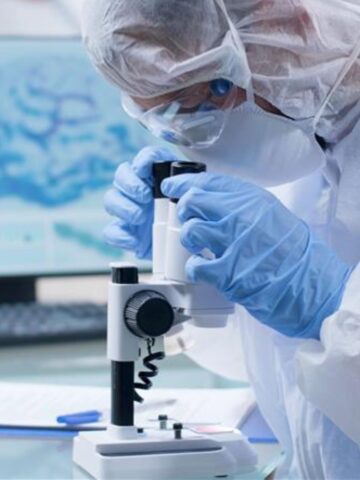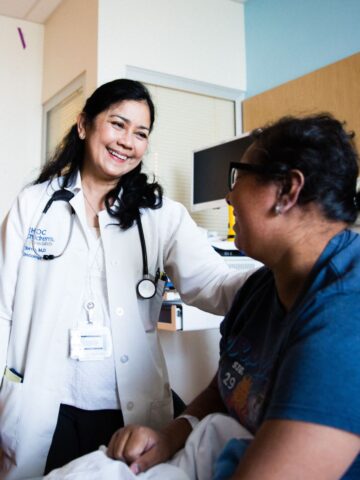CHOC’s app uses community-based research to promote inclusion, build skills post-treatment
An app developed by an oncologist in collaboration with the Illumination Institute is helping bridge the gap in research about mental health in pediatric cancer survivors. Researchers have long attempted to gather adequate data on the psychosocial needs of this population; however, they have been stymied by attempts to uncover and meet those needs because many adolescent and young adult (AYA) pediatric cancer survivors encounter barriers to follow-up care, including access to referrals, insurance coverage or adequate mental health or therapy services at their home institutions.
Pediatric oncologists at Children’s Health of Orange County (CHOC) are looking to bridge this gap in research and patient support, beginning with family interactions during the patient’s course of treatment, continuing into survivorship programs and culminating in broader initiatives, such as a mental health app accessible to all AYA pediatric cancer survivors.
Dr. Sonia Morales, pediatric oncologist at CHOC, who was just awarded the Robert A. Winn Career Development Award as part of the Robert A. Winn Diversity in Clinical Trials Award Program created by the Bristol Myers Squibb Foundation and National Medical Fellowships, is developing this app as an extension of the Healthy Minds Program app by the Illumination Institute. Progress is underway, and the app is ready to undergo feasibility testing and effectiveness trials at CHOC.
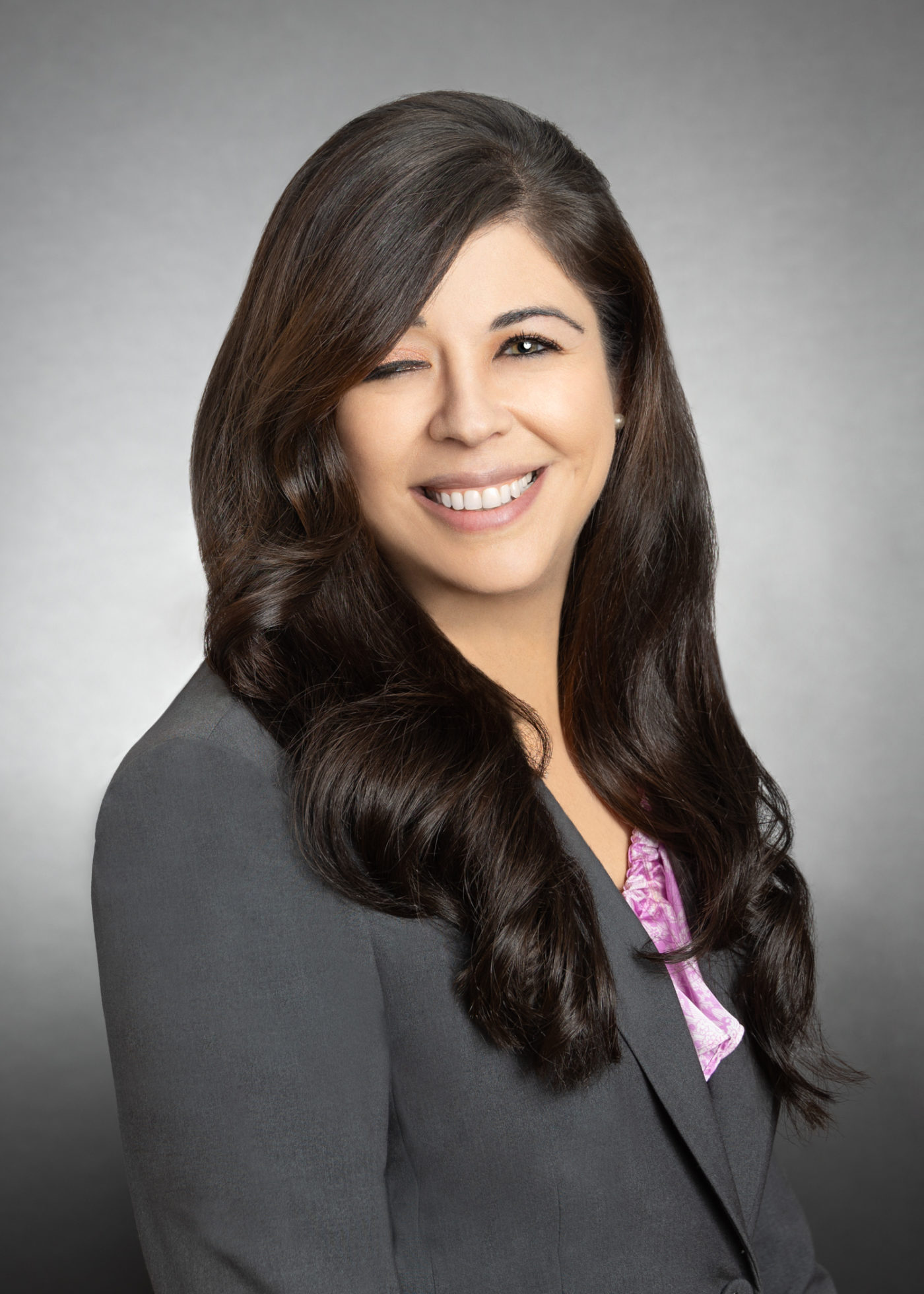
Using technology to bridge the gap between mental health and cancer survivorship
CHOC’s careful survivorship support builds pediatric survivors’ ability to be independent and seek future medical care, skills that are essential as kids prepare to leave home or go to college. Still, research by CHOC oncologist Dr. Lilibeth Torno and others revealed mental health to be a recurring concern for AYA cancer survivors.
“We hadn’t thought mental health would be prominent, but it kept coming up in survivor/provider focus groups,” Dr. Morales says. “It all pointed to a potential technology for childhood cancer survivors.”
Dr. Torno’s research indicated 44% of pediatric cancer survivors identified a need for greater mental health care.
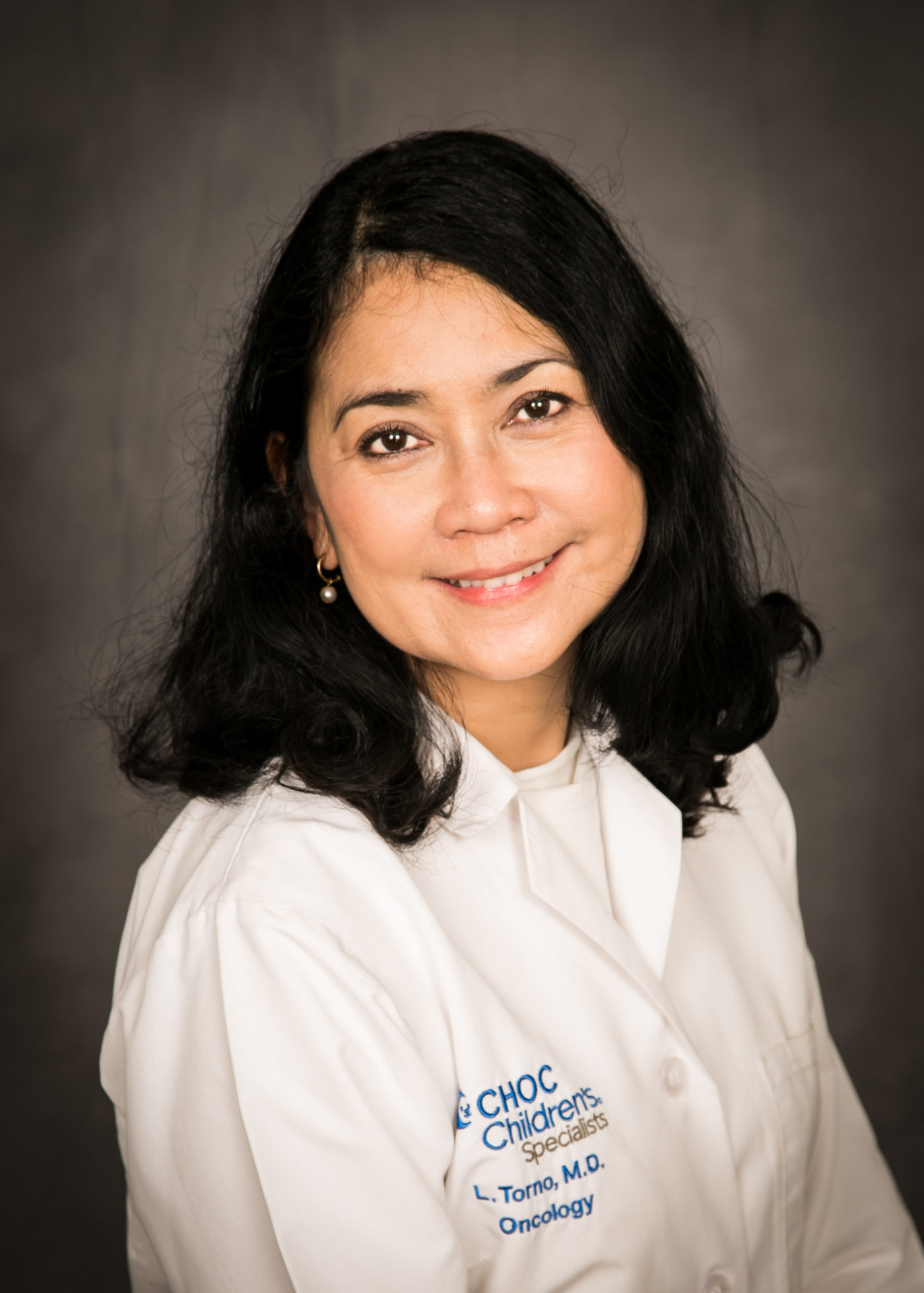
“Considering what we know about pediatric survivors and their mental health challenges, we wanted an application to implement a concept of mindfulness-based stress reduction,” Dr. Morales says. “It’s been shown to work at decreasing depression and chronic pain.”
Dr. Morales was invited to collaborate with the team working on the existing Healthy Minds Programs app. Originally developed at the onset of the pandemic, the app offers a variety of guided meditations. Using community-based research practices for the unique pediatric population, Dr. Morales has expanded the app to include resources for childhood cancer survivors in need. Participants will be linked with community resources and tools, including medical transport; social security and disability assistance; mental health providers in the community; and opportunities to participate in research.
The project will be conducted in two phases involving a group of 60 survivors at CHOC. The first phase will assess the app’s feasibility and usability, while the second phase will consist of a randomized control trial of the app’s efficacy in reducing stress on pediatric cancer survivors.
“Our hope is that the Healthy Minds Programs app will bridge gaps,” Dr. Morales says. “Patients won’t always need to come in physically for support. Resources will be available on the app with one click.”
Strengthening pediatric cancer survivorship across communication barriers
For Dr. Morales, interpreting the needs of a patient population has personal origins. After being diagnosed with an optic glioma as a child, Dr. Morales realized her medical history was limited to what her parents had understood during her treatment.
“When I started medical school, I realized I didn’t know my exact diagnosis,” Dr. Morales says. “My parents were good at navigating and advocating for me, but I’m not sure what was fully understood regarding the sequelae from the surgery and damage to the eye nerves.”
Recognizing this barrier in communication in her own life led Dr. Morales to reexamine her practice.
“The field of survivorship is challenging, especially because the age range we treat is so broad,” she says. “At the time, you give information to parents and hope it’s relayed to the patient at some point in the trajectory of their treatment.”
Other times, she says, language barriers or patient culture interrupt the transfer of disease and treatment history from provider to family to child.
“Bringing up the idea of being a childhood cancer survivor can be a negative experience for some survivors and families,” Dr. Morales says. “They don’t want to relive or talk about it.”
Managing the dissemination of information becomes the responsibility of the provider, a responsibility that CHOC oncologists take seriously. When patients enter the survivorship clinic, providers summarize their course of treatment during each annual visit, using specific documentation and repetition. Patients are encouraged to express what they understand about their disease and treatment history. They also receive a summary sheet including the following information:
- Diagnosis.
- Treatment protocol and regimen.
- Amount of chemotherapy, radiation and surgery used during treatment.
- Future treatment recommendations based on national guidelines.
“After every visit, we develop a patient’s goals and they meet with a social worker who manages the goal setting along with the patient and their families in order to determine whether they’ve met the goal and how we can better support them to meet those goals,” Dr. Morales says.
The new app will extend this work, putting AYA cancer survivors who use it in touch with community resources and practices for good mental health that they can draw on in any setting.
Learn more about CHOC’s After-Cancer Treatment Survivorship Program.
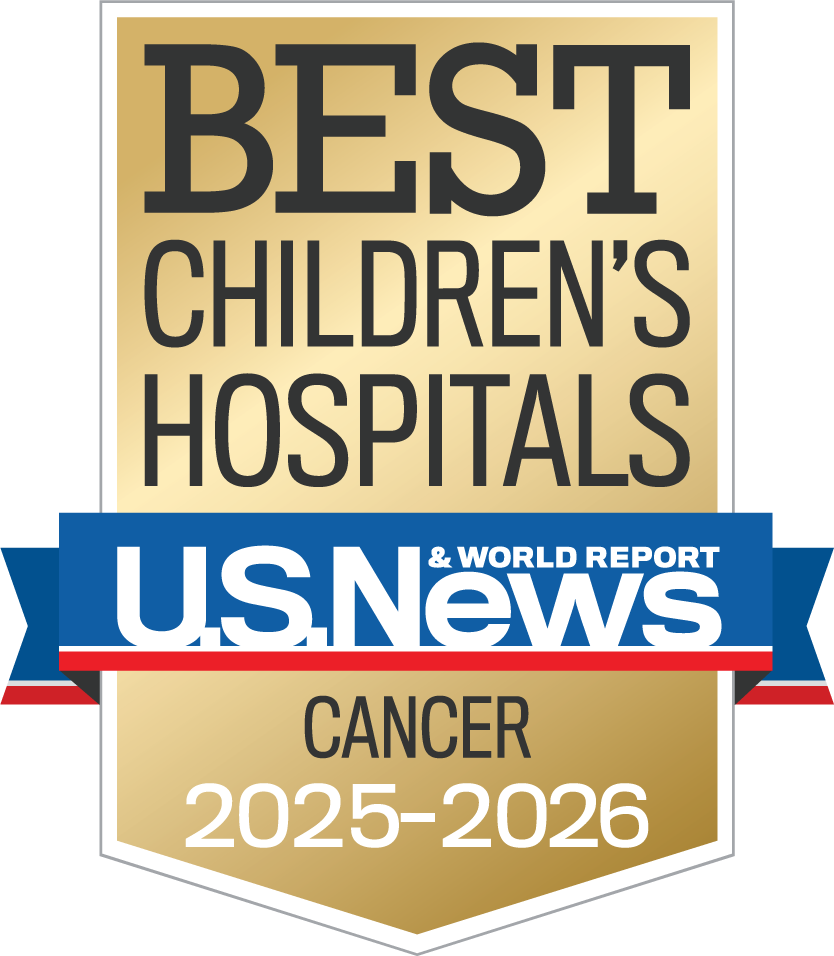
CHOC Hospital was named one of the nation’s best children’s hospitals by U.S. News & World Report in its 2025-26 Best Children’s Hospitals rankings and ranked in the cancer specialty.

